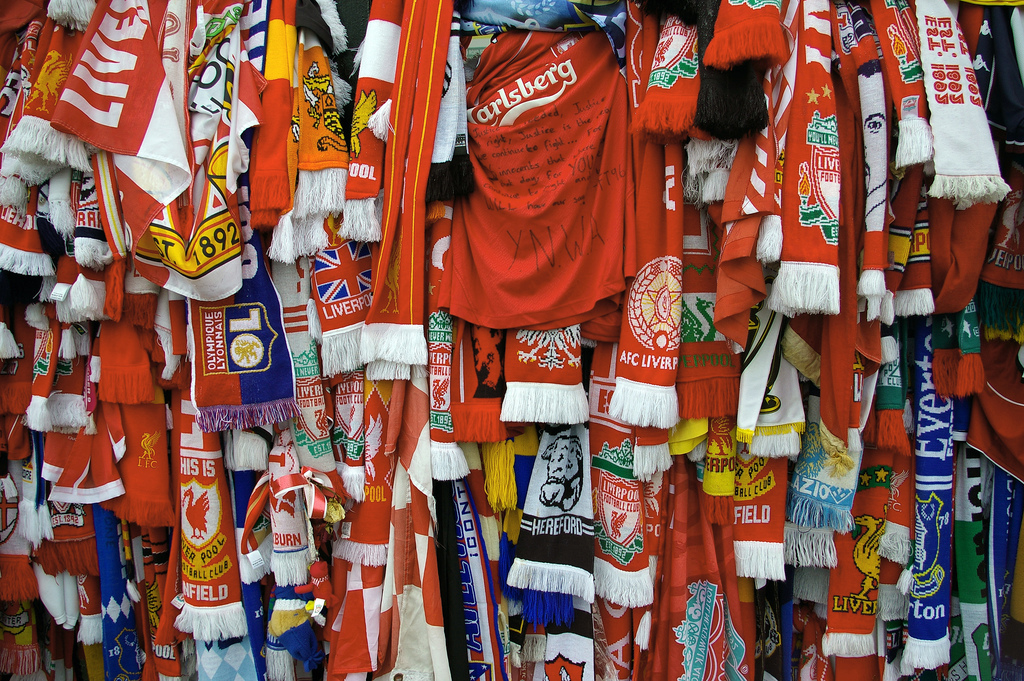After 30 years of investigations into the Hillsborough disaster, five separate jury trials and almost £60m spent, the match commander, David Duckenfield, has been acquitted by a jury of gross negligence manslaughter.
To date, no one has been found responsible for the deaths of 96 Liverpool fans who died at the FA Cup semi-final in 1989 – the UK’s worst sporting disaster.
Earlier this year, Duckenfield, 75, stood trial but the jury was discharged after failing to reach a verdict. The not-guilty verdict resulting from the retrial at Preston Crown Court has been met with anger and disappointment by bereaved families who fought for answers and accountability for three decades.
At a press conference with the families, Margaret Aspinall, chairman of the Hillsborough Family Support Group, said: ‘I blame a system that’s so morally wrong within this country, that’s a disgrace to this nation.’
Sue Hemming, CPS director of legal services, said: ‘The disaster at Hillsborough 30 years ago has caused unimaginable suffering to the families of those who sadly lost their lives and to everybody affected by the tragic events of that day.’ She added that it was ‘important to remember that criminal proceedings have a very different purpose to an inquest’. ‘The not guilty verdict today does not affect or alter the inquest jury’s findings of unlawful killing or their conclusion that Liverpool fans were in no way responsible for the 96 deaths that resulted,’ she said.
John Traynor, brother of two of the victims, Christopher, 26, and Kevin, 16, said: ‘The family members that you see here today are still suffering from post-traumatic stress disorder, broken hearts and minds and today’s decision has just devastated all of us, just adding further insult to injury.’
Steve Rotherham and Andy Burnham, the mayors of Liverpool and Greater Manchester, responded to the trial result: ‘Having witnessed how the families were treated by all aspects of our legal system, we can only conclude that it is not a level playing field for ordinary people and does not deliver justice at all.’
The criminal investigation into the Hillsborough disaster, Operation Resolve, was set up in 2012 and cost almost £60 million. ‘This involves 96 people killed so therefore it’s never going to be a cheap endeavour but it has to be a thorough endeavour,’ commented Assistant Commissioner Rob Beckley.
The 2016 inquest into the disaster found that the football fans were unlawfully killed and cleared them of any blame for the disaster.
The trial
At the trial, the prosecution’s case was that Duckenfield had a ‘personal responsibility’ for what happened on the day. Duckenfield’s barrister, Benjamin Myers QC, told the jury he had been a ‘target of blame’ for the disaster. ‘We say David Duckenfield did do what he was expected to do as match commander. He didn’t breach his duty, he did what he was expected to do in difficult circumstances.’
The retired South Yorkshire Police chief superintendent did not give evidence at trial as his lawyer told the court he was suffering from post-traumatic stress disorder. Judge Sir Peter Openshaw told the jury that the PTSD could explain Duckenfield’s lack of reaction throughout the trial. ‘He has a resilient, passive and expressionless external presentation which gives no indication of his state of mind so don’t draw an adverse inference against him,’ he said.
In summing up the case, the judge told the jurors: ‘The deaths of 96 spectators, many of whom were very young, is, of course, a profound human tragedy attended by much anguish and anger which for many has not passed with time.’
‘But, as both counsel have advised you and I will now direct you, as you go about your duty you must put aside your emotions and sympathies, either for the bereaved families or indeed for Mr Duckenfield, and decide the case with a cold, calm and dispassionate review of the evidence that you have heard in court.’
The jury returned their verdict after 13 hours and 43 minutes of deliberations.
During the trial, Duckenfield and his wife were threatened with physical violence. There were also several instances during the retrial which almost led to its collapse, notably when a juror expressed that he wished Duckenfield was dead. The juror was removed.







